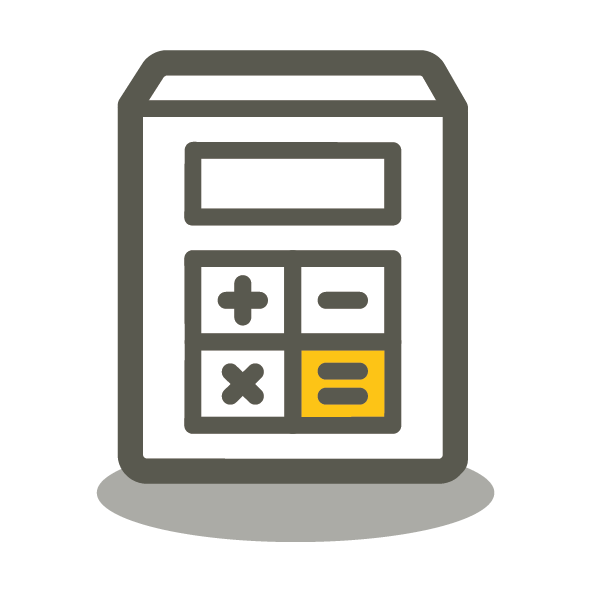
Rebecca Wilkinson – Business Tax Partner
Individual landlords will need to take care when preparing their 2017-18 income tax returns, because the cash basis will automatically apply if certain conditions are met and must be opted out of, if the landlord wishes to continue calculating taxable profit on the previous accruals basis.
What is the difference between the cash and accruals basis of accounting?
| Accruals basis | Cash basis |
| Income – taxed as accrued Expenses – allowed as accrued | Income – taxed when received Expenses – allowed as incurred |
| Capital allowances – available under normal rules | Capital allowances – no, full deducted when incurred |
Which landlords does cash accounting apply to?
Key figure = £150,000 rental receipts
The rules will automatically apply to individual landlords whose rental receipts when using the cash basis (i.e. actual receipts received) for the tax year do not exceed £150,000.
Married couples who hold property jointly must both calculate their profits on the same basis, but joint property owners who are not married may prepare their accounts under different methods.
If you have UK and non UK property can treat separately so you can elect out for one not the other.
Can you opt out of cash accounting rules?
Yes, where a landlord automatically falls into the cash basis rules then they can opt out.
To opt out an election must be made on the tax return by the due filing date. The opt out is required annually if you still fall within the cash basis regime.
What do landlords need to watch out for?
No double counting – Care will be required for first income tax return, so for year to 5 April 2018, to ensure income or expenses not double counted with previous tax return.
Falling in and out of rules – If the rental receipts are close to the £150,000 limit may fall in and out of regime, need to ensure prepare returns correctly.
Further bad news – possible additional restriction on finance costs

A nasty quirk of the cash basis of accounting is that it imposes an additional restriction on finance costs where the outstanding business proportion of any mortgage or loan exceeds the market value of the property. The market value of the property is taken as the market value when first let out plus any costs incurred to enhance the property for which no tax relief has been claimed, e.g. an extension. For example:
Mrs Smith purchased a property in 2010 when it was worth £250,000 and immediately let it to tenants. In 2016 the property was worth £350,000 and Mrs Smith re-mortgaged it for £300,000. No enhancements have been carried out.
In tax year 2017-18 she incurs mortgage interest of £15,000. All interest costs incurred by individual landlords are restricted to 75% in this tax year, however Mrs Smith falls within the cash basis of accounting and does not opt out. As her mortgage balance exceeds the value of the property when it was first let in 2010, a further interest restriction applies.
Her total tax-deductible interest is therefore calculated as follows:
| Cash basis adjustment | = | £15,000 x (250,000 / 300,000 |
| = | £12,500 | |
| Restriction to 75% | = | £12,500 x 75% |
| Tax-deductible amount | = | £9,375 |
Landlords with property business receipts of £150,000 or less will need to take care when preparing their 2017-18 tax returns and should take advice on whether or not to opt out of the regime AND keep their position under review annually.
You can find out more about our property accounting services here.
If you have any questions or would like to speak to us about how we could help you, please contact Rebecca Wilkinson by email rwilkinson@menzies.co.uk or by phone 01483 755000.
Posted in Blog, Property & construction